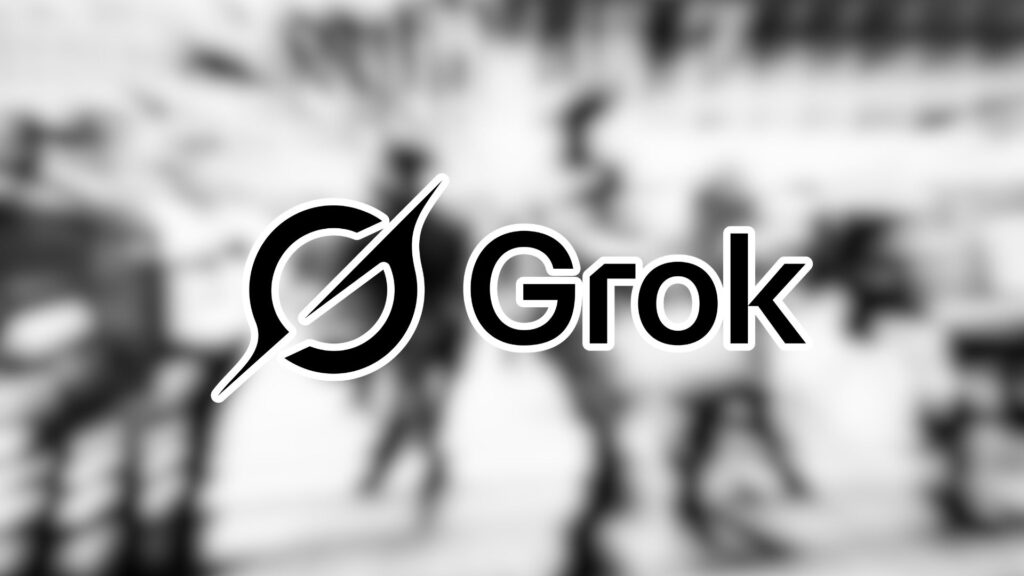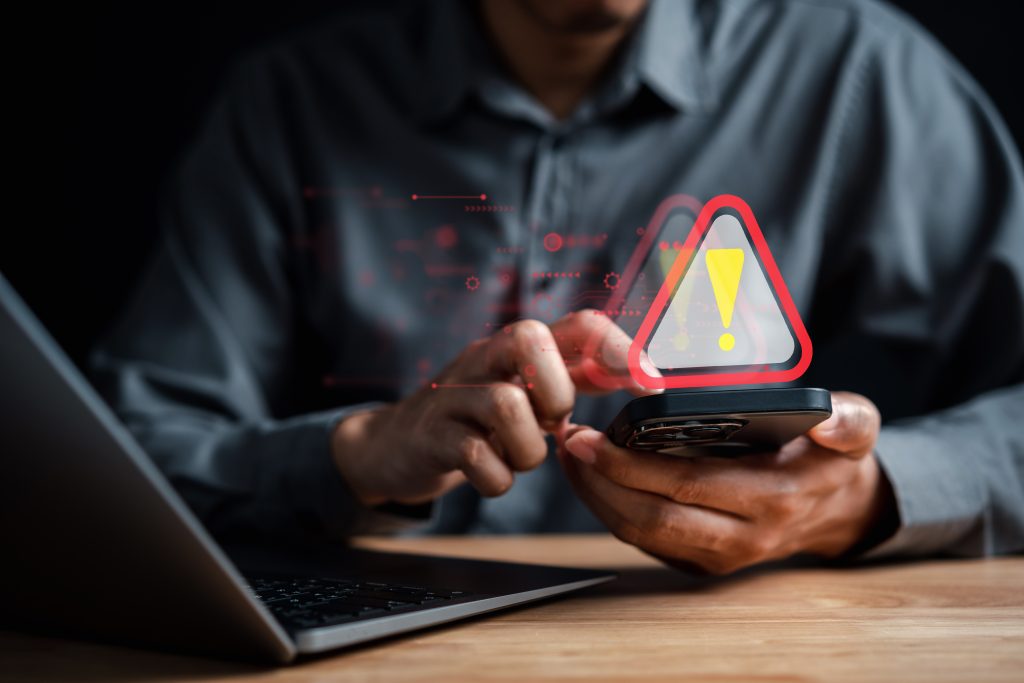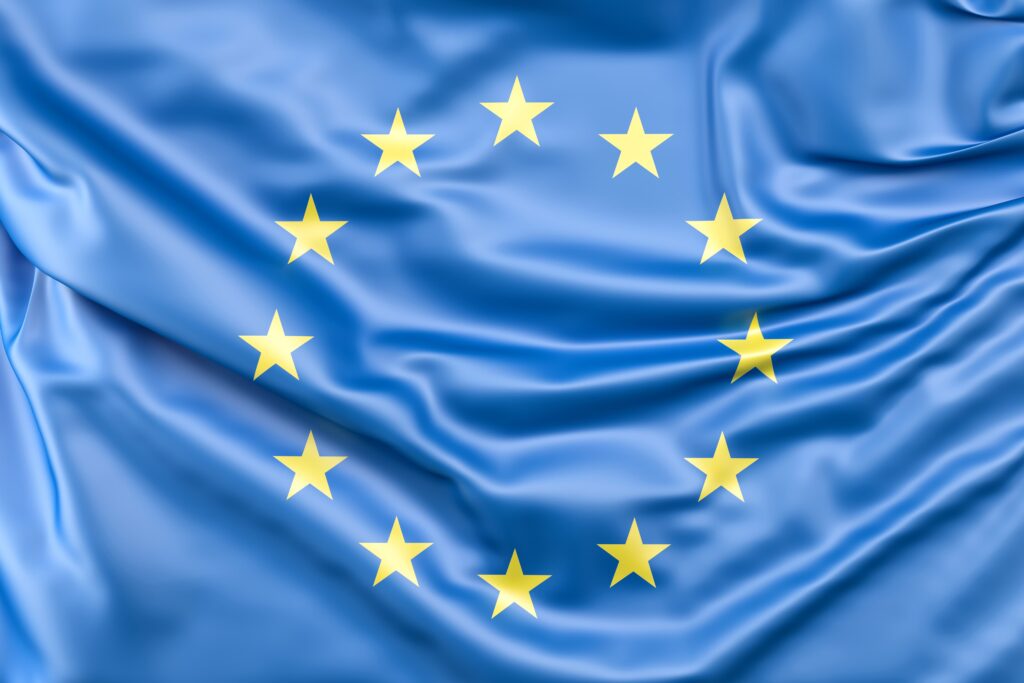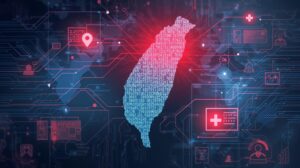Digital Watch Observatory - Digital Governance in 50+ issues, 500+ actors, 5+ processes

Surveys show US adults and healthcare workers increasingly rely on ChatGPT for symptom checking, medical research summarisation, and understanding treatment options outside traditional clinical hours.

A high-profile Grok incident has reignited concerns over safeguards, accountability, and enforcement gaps in generative AI systems.

Researchers aim to develop a home diagnostic kit capable of detecting up to 30 cancers while enabling targeted therapeutic delivery.

Authorities investigate TridentLocker’s growing list of victims, including Sedgwick’s federal services branch.

A forthcoming EU strategy will focus on governance, security, and market integration to turn open-source innovation into viable commercial alternatives.
Must read
Analysis
How AI agents are quietly rebuilding the foundations of the global economy
Behind the scenes, autonomous AI agents are moving into the core of economic systems, reshaping workflows, authority, and execution across the global value chain.
Analysis
'All is fair in RAM and war': RAM price crisis in 2025 explained
RAM prices are surging worldwide, and AI demand, tariffs, and supply concentration have reshaped the memory market of today.
Analysis
E-commerce transformation through blockchain technology
Future online commerce will integrate blockchain alongside AI, IoT and advanced cryptography, forming ecosystems that rely on verifiable processes instead of platform authority.
DW at a glance
FOLLOW
WSIS+20 Process
The year 2025 marks 20 years since the finalisation of the World Summit on the Information Society (WSIS), and a review process looking at 20 years of WSIS outcomes implementation will conclude with a high-level meeting at the UN General Assembly (UNGA), in December. This page keeps track of the process leading to the UNGA meeting in December 2025. It also provides background information about WSIS and related activities and processes since 1998.
Explore the Observatory
Digital Technologies
From internet applications to quantum computing, we focus on advanced and emerging digital technologies which are increasingly reshaping our economies and societies.
Clusters of Policy topics
We unpack digital policy by exploring over 50 topics – from access and sustainable development to network security and the future of work – classified in 7 clusters.
Processes
Follow some of the most important digital policy processes, from the EU's work on the Digital Services Act/Digital Markets Act to the UN Cybercrime Ad Hoc Committee.










